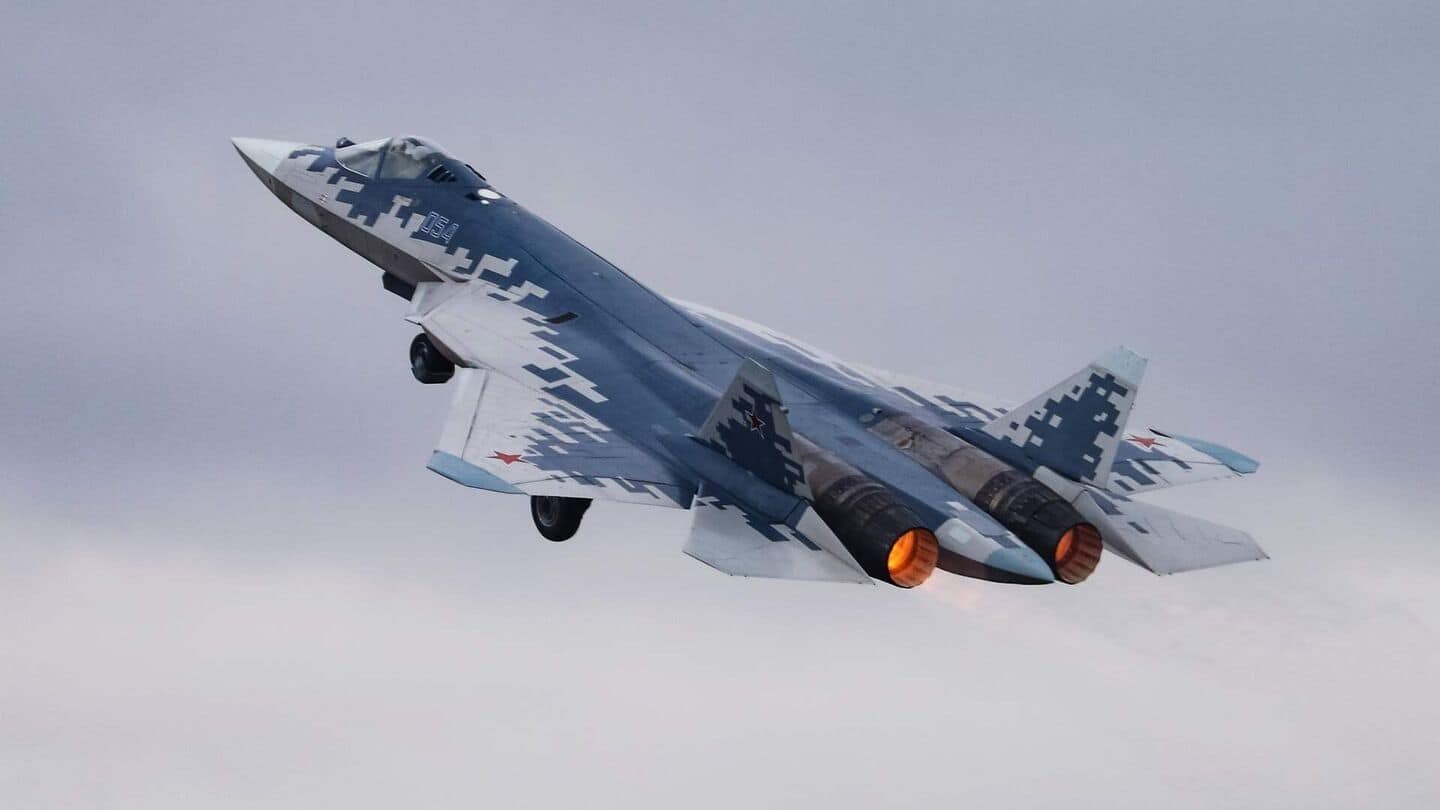In just one week, golf’s fiercest rivalry returns to American soil with Team Keegan Bradley and Team Luke Donald facing off once again. This time, the battleground is New York’s renowned Bethpage Black course.
Bethpage Black is famous for its noisy, unapologetic fans, and Team Europe has already taken steps to prepare for the inevitable chaos. Players have been equipped with personalized VR headsets loaded with crowd noise and verbal abuse tailored to each individual, helping them mentally brace for the intense atmosphere.
However, it turns out that Team USA may not be immune to scrutiny either. Former Ryder Cup player Andrew Coltart, who famously faced Tiger Woods in singles at Brookline in 1999, warns that the American squad could face backlash from their own fans if things start to go wrong early.
This year’s event carries added pressure due to the controversial payouts involved. Each member of Team USA will receive $500,000, with $300,000 designated for charity and the remaining $200,000 as a personal stipend. Coltart isn’t convinced this financial incentive will boost motivation.
“What does the $200,000 do to them?” Coltart told bunkered.co.uk. “Is that going to make you a little bit more determined to do a little bit extra practice in the morning or what? I don’t get it. Potentially it could harm them. Again, as it pretty much did in 1999 when I played.”
He recalled how payment demands stirred controversy back then and fears history could repeat itself. This time, Coltart believes the passionate New York crowd won’t hesitate to turn on their own players if expectations aren’t met.
“They wanted $100,000 and, you know, the punter who pays to go and watch the Ryder Cup, they want their team to just absolutely give it their all. They deflected that by saying, ‘oh, well, it’s for charity.’ So, OK, fine. But now, again, they have to get this sort of financial remuneration for it, which I guess is the difference between Europe and America. If they’re getting paid and they don’t turn up, good God, you know, the New York crowd will go after them.”
Coltart didn’t hold back when discussing the pressure Bradley’s team could face. “It could almost turn into an away game for them. If they don’t get off to a fast start, you know, and you can see the headlines, if so-and-so doesn’t play that well or gets beaten by a pairing that they expect they should have won, the American crowd in that area are going to try and eat them alive.”
It’s not just the players being cautioned. Reports indicate that Team Europe’s WAGs have been advised to stay off the course during play. With emotions expected to run high, the Bethpage crowd is unlikely to hold back when the pressure hits.
Golf fans everywhere can expect an electric atmosphere as this legendary rivalry unfolds once again on American soil. Stay tuned for what promises to be a thrilling showdown at Bethpage Black.
https://www.newsweek.com/sports/golf/ryder-cup-team-usa-home-crowd-warning-500k-pay-2132905
